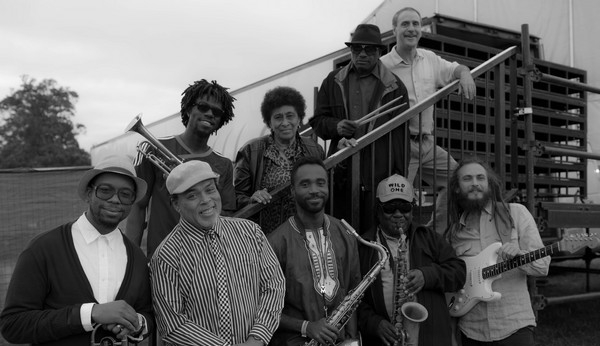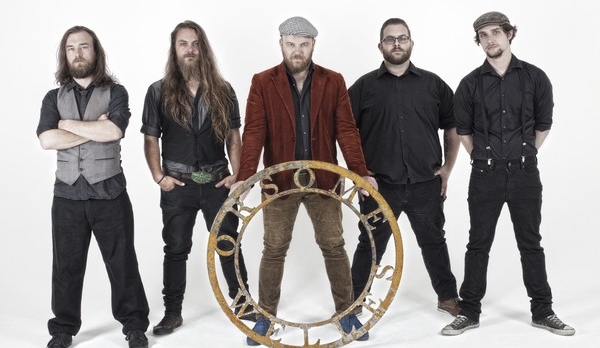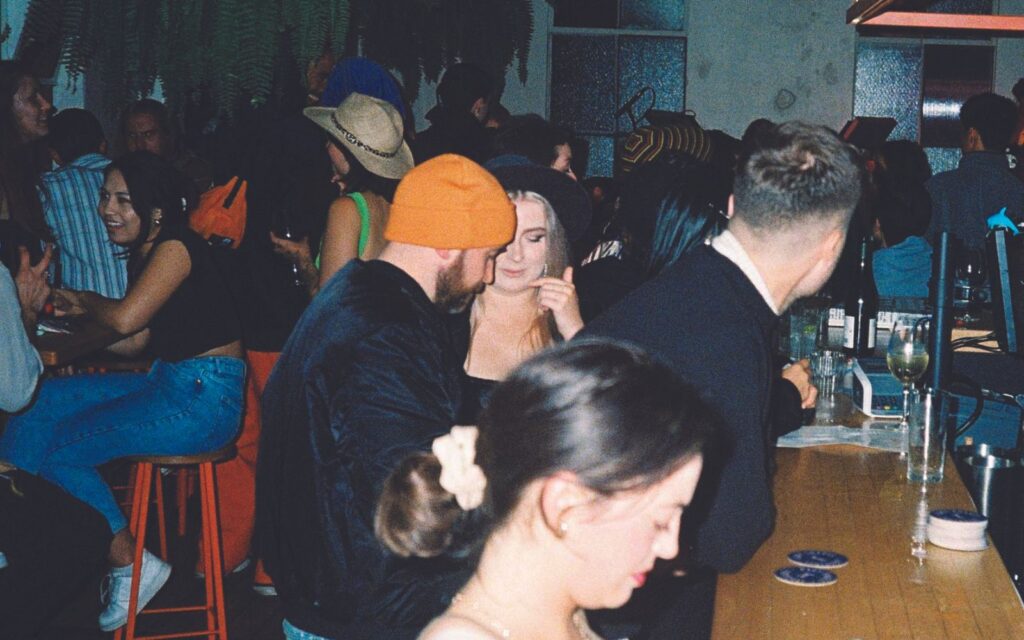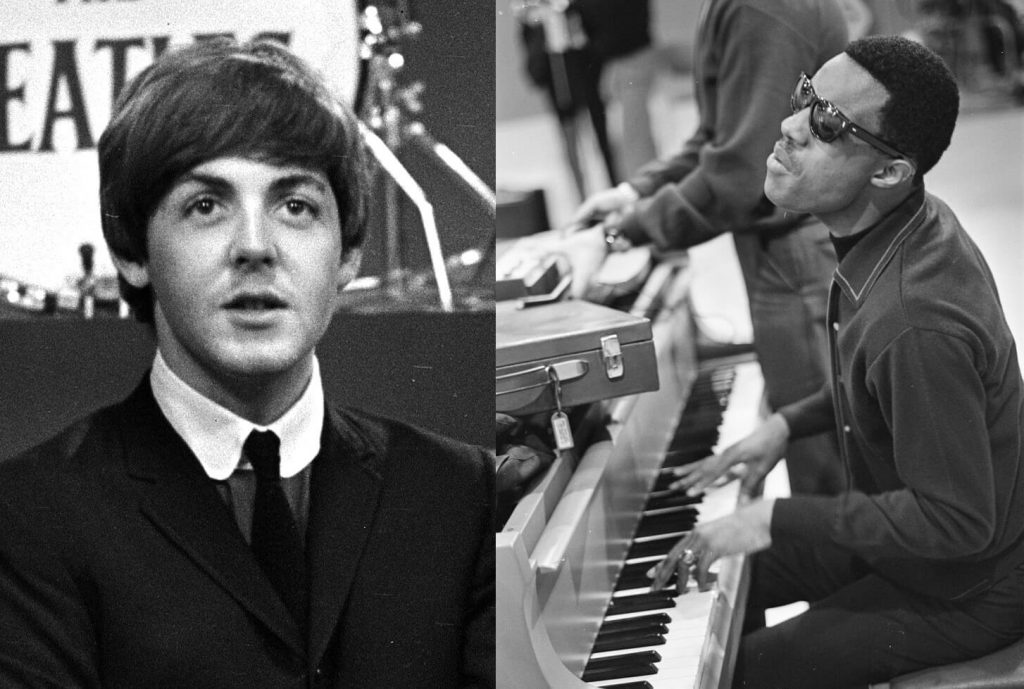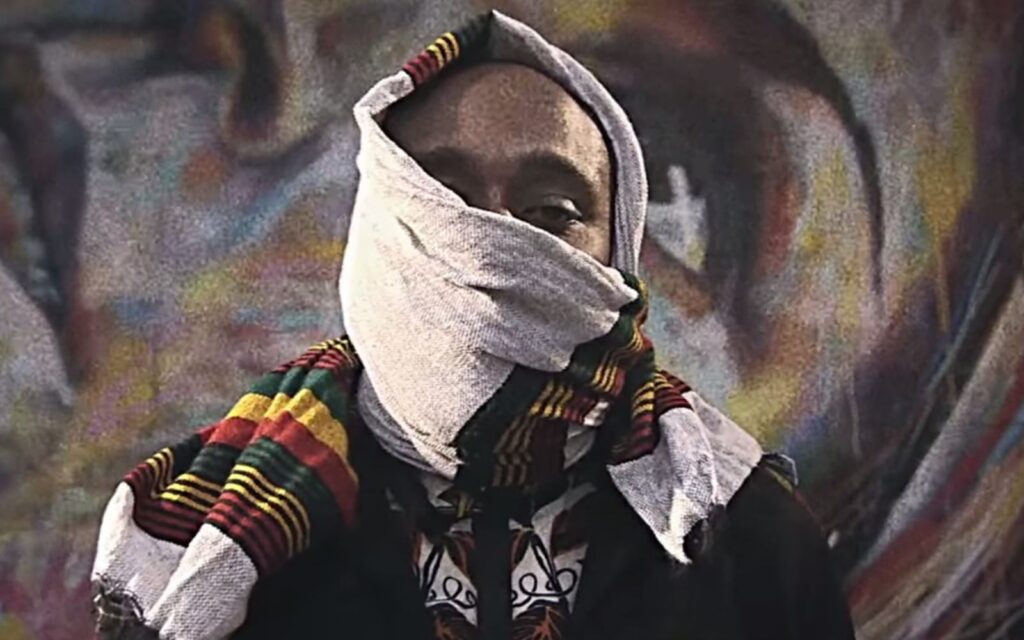There are few bands that can claim to have created a new genre, especially not one that has gone on to influence millions of other acts and spawn multiple sub-genres. Formed in 1963 in Kingston, Jamaica, The Skatalites’ innovative combination of jazz, calypso, mento and rhythm and blues became what’s known as ska music. Besides their own music, the group also served as the backing band at the legendary Studio One, playing on early cuts by Toots and the Maytals, The Wailers, Desmond Dekker, Lee Perry, and Prince Buster.
Though initially active for only 14 months, ending with trombonist Don Drummond’s arrest for his girlfriend’s death in 1964, The Skatalites reformed in the ‘80s due to newfound interest from a generation of fans enamoured with ska’s ‘second wave’ acts, such as The Specials and The Selecter.
“I was pretty nervous, I wasn’t really a proficient jazz player and I didn’t know what real Jamaican ska was,” recalls Stewart of joining as keyboardist in 1987. “The first rehearsal I went to was just incredible. It was just the core members: Roland [Alphonso], Tommy [McCook], Lester [Sterling], Lloyd Brevett and Lloyd Knibb. It was certainly an education for me to be able to play with this calibre of musician. From the first few notes, it was just an incredible feeling.”
Becoming frustrated that, despite international interest, the group were barely performing, Stewart soon took over management duties and organised a support slot on Bunny Wailer’s massive Liberation tour of 1989, with the band continuing as a touring unit ever since.
“Tommy was a great band leader as far as being a musician, but was never, even in Jamaica in the beginning, a particularly great businessman,” states Stewart. “When I saw down to ten year old kids coming with their pork pie hats and their black and white suits, I said, ‘This is going to last and it has to be grabbed right now’.”
In the subsequent 25 years, The Skatalites have endured multiple lineup changes, with almost all of the original members having now passed away, excepting alto-saxophonist Sterling and vocalist Doreen Shaffer. Despite this, Stewart maintains that the sound and feel he first encountered remain.
“There’s such a respect for the original tradition that it doesn’t really change, the integrity of the music has held its own,” he confirms.
However, like any other form, ska music itself has continued to grow and branch into other styles. During the ‘90s the band often found themselves supported by ‘third wave’ acts – a pop punk take on the genre – and this faster tempo began to rub off. “Tommy especially wanted to start to play the stuff a little bit faster because he sees all these young kind dancing around like crazy,” explains Stewart wryly. “I used to complain about it, because to me when they play it too fast it takes the swing and the soul out of it, and I was trying to say, ‘Tommy don’t do that, you’re taking away what separates the men from the boys.’
“In every country in the world that we’ve been to, we’ve come up to musicians who are interpreting it in their own flavour and style, according to their experiences in their countries and their learning of music,” says Stewart of the genre. “It’s continued to be fused with different kinds of music and also there’s plenty of people out there trying to emulate it just like The Skatalites. Especially drummers – you go to various ska bands around the world and you can just here it. They listened to Lloyd Knibb, they play the little nuances that Lloyd is famous for, and Lloyd – you’d be listening to some other ska band and he’d be like, ‘Wait a minute, is thatthem or is that me?’ ”
Despite being ambassadors for Jamaican ska, The Skatalites are yet to be invited to perform in the country in which they formed. “Jamaica has little interest in ska these days, it’s sad because there’s some older folks and fans there that love it,” laments Stewart. “It’s very disappointing we didn’t go and celebrate the 50th anniversary of The Skatalites in Jamaica this year. We are hopeful to go, but it’s like a lot of places or things, people take for granted what they have. Kids who listen to Beanie Man and Bounty Killer, they don’t particularly understand the correlation, unless you’re a musician you might not even care.”
Having now reached 50 years, Stewart sees no reason for The Skatalites to ever cease operating: “As far as I’m concerned, this is a tradition,” he smiles down the line. “As a matter of fact, our trombone player plays with the Duke Ellington Orchestra, and y’know Duke’s not hanging around much anymore, but they’re still doing that so why shouldn’t we do this?”
Immigration issues notwithstanding, no reason at all.
BY ALEX WATTS
